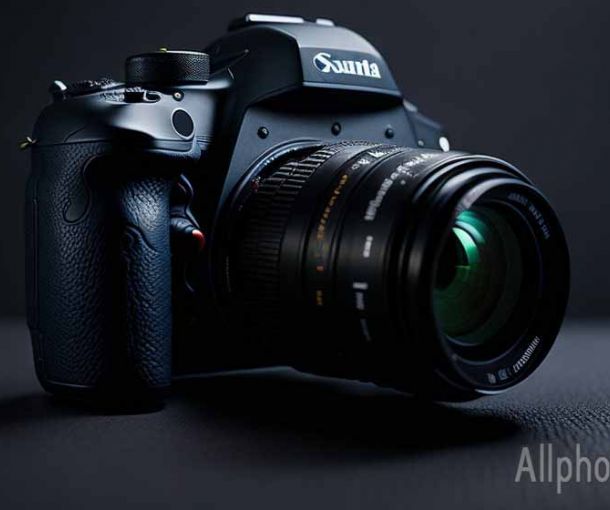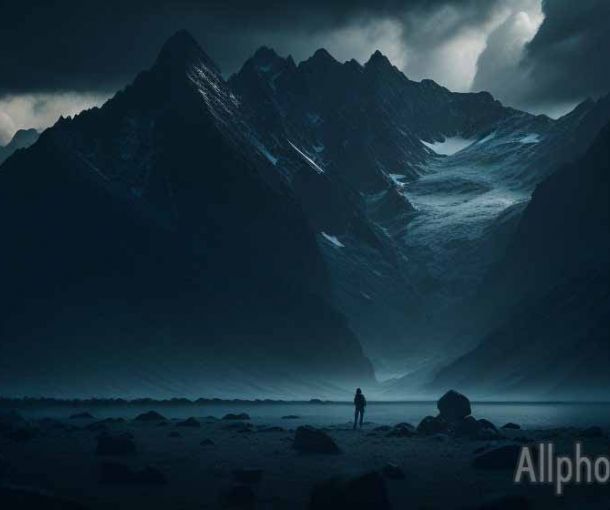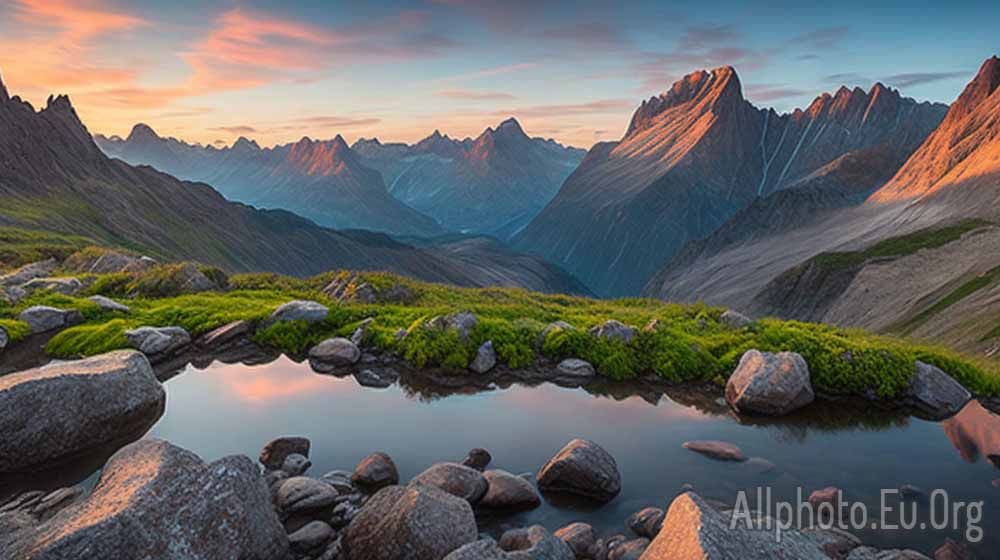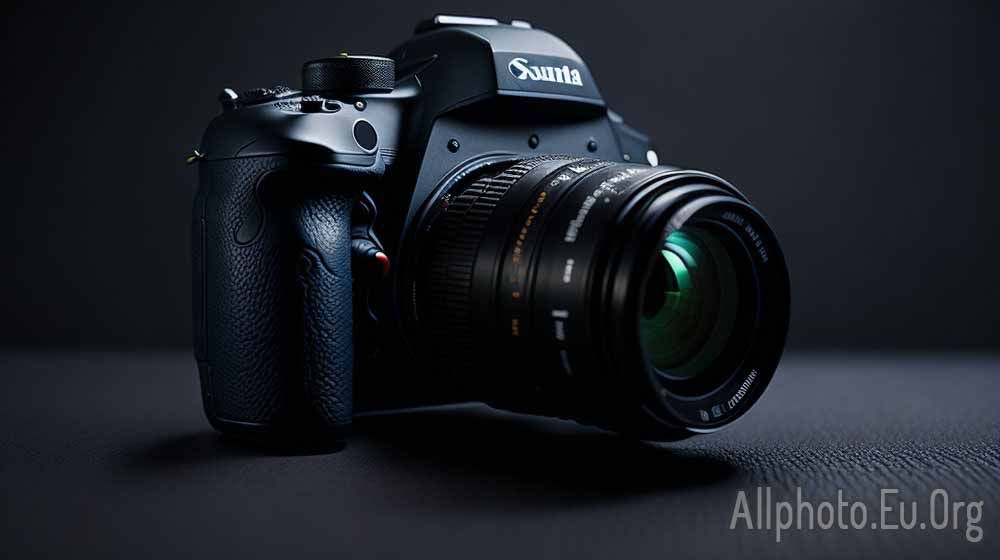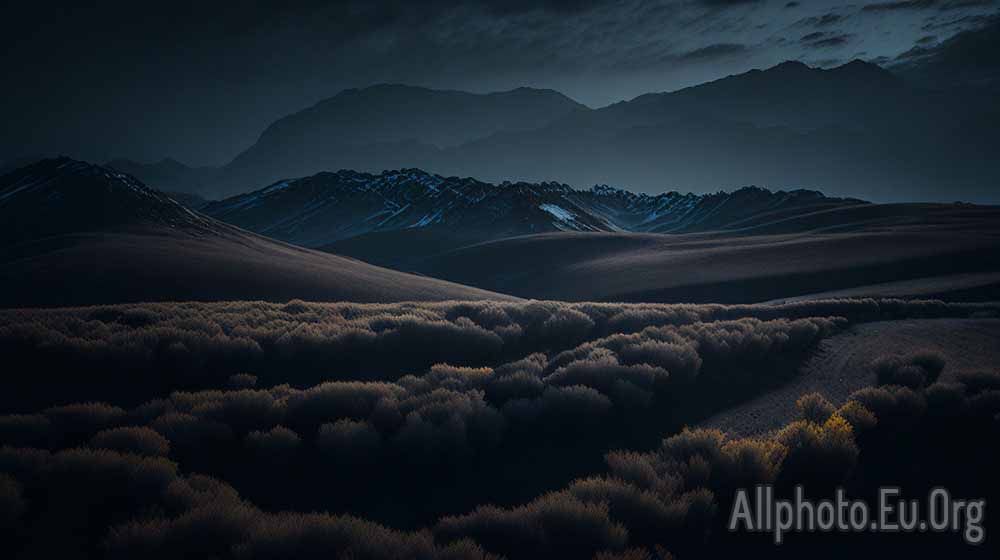The Benefits of Using a Polarizing Filter in Photography: Enhhancing Contrast and Reducing Glare
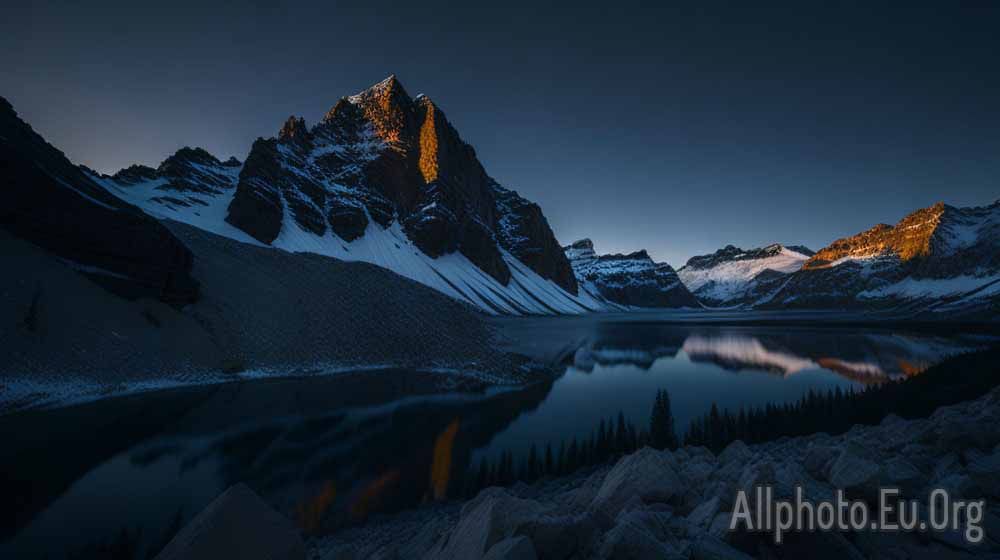
As a photographer, you are always searching for ways to enhance the quality of your images. One tool that can make a significant difference is a polarizing filter. A polarizing filter can help you reduce glare and enhance contrast in your photographs. In this article, we will discuss the benefits of using a polarizing filter in photography.
What is a Polarizing Filter?
A polarizing filter is a piece of glass that screws onto the front of your camera lens. The filter is made up of two pieces of glass that are aligned to allow only light waves that are vibrating in a specific direction to pass through. When you rotate the filter, it changes the angle at which the light is allowed to pass through the filter.
Polarizing filters are available in two types: circular polarizers and linear polarizers. Circular polarizers are the most commonly used filters as they work with autofocus cameras, while linear polarizers can interfere with the autofocus system.
Benefits of Using a Polarizing Filter in Photography
-
Reducing Glare
One of the primary benefits of using a polarizing filter is that it reduces glare in your images. Glare can be caused by a variety of sources, including water, glass, and shiny surfaces. When you use a polarizing filter, it helps to eliminate or reduce the glare, resulting in a clearer and more vibrant image.
For example, when photographing a waterfall, the water can often appear too bright and overexposed. By using a polarizing filter, you can reduce the glare and capture the beauty of the waterfall without it appearing too bright.
-
Enhancing Contrast
Another significant benefit of using a polarizing filter is that it enhances contrast in your photographs. By eliminating unwanted reflections, a polarizing filter can help to make colors appear more vivid and bring out the details in your images. This is particularly useful when photographing landscapes, where you want to capture the richness of the colors in the scenery.
-
Protecting Your Lens
A polarizing filter can also act as a protective layer for your camera lens. It can help to prevent scratches, dust, and other debris from damaging your lens. This is especially important when you are photographing in harsh environments such as the beach, where sand and saltwater can cause damage to your lens.
-
Reducing Haze
A polarizing filter can also help to reduce haze in your photographs. When photographing distant scenery, the air can sometimes appear hazy, resulting in a lack of detail in your images. By using a polarizing filter, you can reduce the haze and capture a clearer image with more detail.
-
Creating Dramatic Skies
Finally, a polarizing filter can help you create more dramatic skies in your photographs. By reducing the glare from the sun, a polarizing filter can deepen the blue in the sky and create more contrast between the sky and clouds. This can help to create a more dramatic and visually striking image.
Conclusion
A polarizing filter is an essential tool for any photographer who wants to enhance the quality of their images. By reducing glare, enhancing contrast, protecting your lens, reducing haze, and creating dramatic skies, a polarizing filter can help you capture more visually striking and vibrant photographs. Whether you are a landscape photographer or simply enjoy taking pictures of the world around you, a polarizing filter is a valuable addition to your camera bag.
When choosing a polarizing filter, it's essential to select the right size for your lens. Most filters come in a range of sizes, so be sure to check the size of your lens before purchasing a filter. It's also important to choose a high-quality filter to ensure that it doesn't affect the sharpness or quality of your images.
When using a polarizing filter, it's important to remember that it can also affect the exposure of your images. You may need to adjust your camera settings to compensate for the loss of light that occurs when using a polarizing filter. Additionally, be aware that a polarizing filter can also affect the autofocus system on your camera, so you may need to switch to manual focus when using a filter.
In summary, a polarizing filter is a valuable tool for photographers who want to enhance the quality of their images. By reducing glare, enhancing contrast, protecting your lens, reducing haze, and creating dramatic skies, a polarizing filter can help you capture more visually striking and vibrant photographs. Be sure to choose the right size and high-quality filter for your lens, and adjust your camera settings accordingly when using a filter. With a polarizing filter in your camera bag, you'll be able to take your photography to the next level.
In conclusion, a polarizing filter is a must-have tool for photographers looking to improve their images. It reduces glare, enhances contrast, protects your lens, reduces haze, and creates dramatic skies, resulting in more visually striking and vibrant photographs. Remember to choose the right size and high-quality filter for your lens and adjust your camera settings accordingly when using a filter. With a polarizing filter in your camera bag, you'll be able to capture stunning photos and stand out from the crowd.
Tags
Latest Articles
Most Read
All Tags
Subscribe
Donate
Please consider supporting our efforts.
© 2023 All-Photo.Cf All rights reserved.



